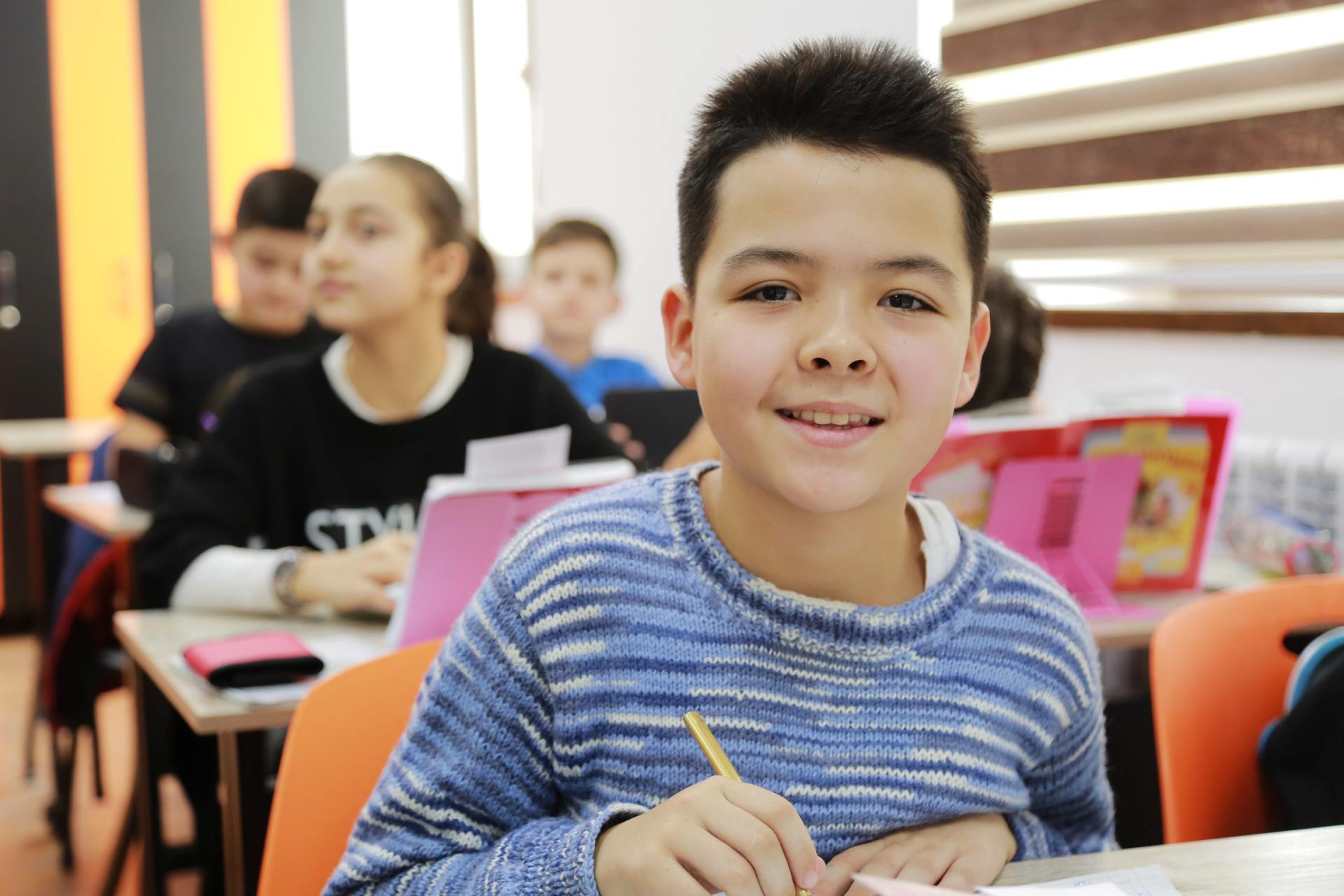When one child in the family develops mental illness, changes inevitably occur across familial relationships. Importantly, siblings of the child with mental illness have, historically, been given little attention, either in research or by the statutory health authorities. However, whilst some research suggests not all effects from growing up with a sibling with mental illness may be detrimental, the majority of research indicates that 'well siblings' can experience a difficult and traumatic childhood that can profoundly affect their own mental well-being.
Siblings of those with mental illness can feel pressurised to be 'good' and to always 'do the right thing' so as not to add to the parent’s burden. Siblings also report trying to divert attention away from conflictual situations (by distraction or being overly people pleasing) or simply by getting on with things and coping alone. It is not surprising, then, that adult siblings have reported feeling invisible and isolated during their childhood while the whole family’s attention centred on their brother or sister. Moreover, many siblings with a brother or sister with mental illness are required to take on caregiving roles and, in doing so, can experience parentification. This occurs when a child takes on roles and responsibilities traditionally reserved for adults, in times of demanding situations. Unsurprisingly, it can interrupt or interfere with childhood development. There are two different types of parentification:
Instrumental parentification
refers to a child doing household chores or looking after younger siblings (over and above what would be considered normal and appropriate). In this context the chores or caring would, in all likelihood, be because their parents’ attention is taken up with their unwell brother or sister.
Emotional parentification refers to a child responding to the emotional needs of either their parent(s) or their sibling. In this context it would include being 'good' or acting as peacemaker or confidant to their parents.
Assuming some adult-like responsibilities can be beneficial to a child, providing a sense of belonging and usefulness. Research suggests that the degree of perceived fairness of the assigned responsibilities determined the nature of the impact. Furthermore, research shows that an optimal level of parentification fosters internalisation of responsible and accountable behaviour and may promote psychological well-being, provided the responsibilities are age-appropriate, reasonable and validated by family members. However, if a child is consistently doing too much, especially without recognition or if they are not given the love and attention they need in order to feel supported, they often take on a belief that their needs are less important than those of others. When there is a child in the family with mental illness, research shows us that relationships between the parents and the sibling without the mental illness tends to contain less affection and less time together.
In addition, many siblings of a mentally ill brother or sister report experiencing fear due to the unpredictability of the illness, as well as concern over whether their sibling may harm themselves or others. These fears are not unfounded and these children are, indeed, at risk of experiencing violence either towards themselves or witnessing it towards other family members. Many adult siblings report experiencing violence as children, which they found both frightening and traumatic. Unsurprisingly, children exposed to violence can suffer from attentional bias to threat and anxiety. In addition, sibling-sibling relationships, where one has a mental health illness, is more likely to contain less warmth and shared activity, and more bullying and aggression. Importantly, hostility and aggression between siblings is linked to delinquency, antisocial behaviour and substance use. Research has also revealed that bullying within the sibling relationship significantly increased the likelihood of that child being bullied in school. Siblings also report experiencing social stigma and fear of embarrassment which stops them bringing friends home from school or sharing their experiences with close friends and teachers. They can fear rejection by peers and a loss of social status which often makes them keep details of their sibling’s illness from others.
Inevitably, sibling' experience greater objective burden (i.e. the burden that stems from the mental illness itself, such as the person’s behaviour towards family and property, the risk of suicide, disturbances to family routine and distraction from the sibling’s own activities) as well as greater subjective burden (i.e. the burden of the feelings the illness evokes such as fear, anger, helplessness, sadness, pain, loss, anxiety, embarrassment, guilt, worry and empathy). Growing up with a brother or sister with mental illness can, therefore, have a significant effect on a child's emotional and mental well-being and social development.
Perhaps unsurprisingly then, adolescent siblings have been shown to be at risk of suffering from severe depression, anxiety and stress. There is, then, much to suggest that some 'well siblings' can become the secondary victims of the mental illness if the correct support is not put in place for them.







